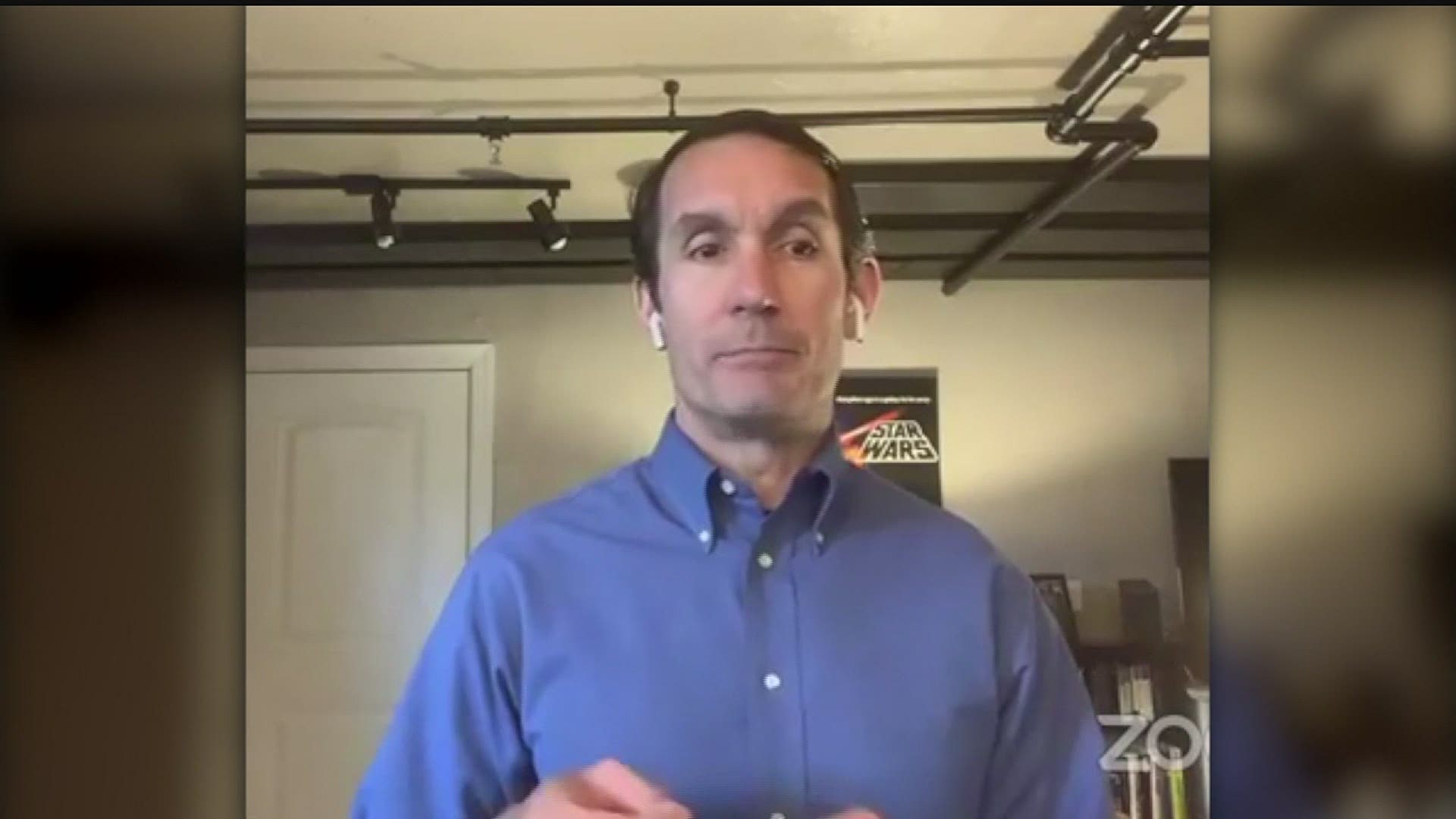PENNSYLVANIA, USA — A report is issuing 18 recommendations to Pennsylvania to change a criminal justice system that Pennsylvania's Auditor General, Eugene DePasquale, said is costing the state millions.
The recommendations to the state include ideas such as reforming probation policies and providing more assistance to people who face mental health and addiction issues. The report gathered input from more than two dozen national, state, county and local experts and stakeholders.
“It took some time, but people on both sides of the aisle finally realized that the ‘lock-‘em-up, throw away the key’ approach to sentencing that began in the 1990s ultimately caused more problems than it solved,” DePasquale said. “It’s time for Pennsylvania to build on what we’ve learned and continue our progress.”
The report’s 18 recommendations are as follows:
1. The General Assembly should follow the recommendations from the 2011 Joint State Government Commission report on how Pennsylvania can provide an effective indigent defense system.
2. Magisterial District Justices (MDJs, or local-level judges) should be trained on the current disparities and harmful outcomes of the cash bail system.
3. Any use of a risk assessment tool to determine pre-trial detention should be balanced by the use of a needs assessment tool to determine what basic human needs a person has – such as the need for food, shelter or clothing — to be released pre-trial and not reoffend.
4. Court officials must work with police, district attorneys, public defenders, health bureau officials, probation/parole officers and more to create robust systems that identify as early as possible those defendants who need help, not punishment, to prevent them from committing new crimes.
5. County courts that have not done so should implement diversionary courts, especially those for drug treatment, mental health and veterans.
6. All county prisons should adopt the recommendations made in the July 2019 Council of State Government’s Justice Center’s report on treating defendants with serious mental illness.
7. The state Department of Corrections should continue expanding the Medication Assisted Treatment programs and share how such programs are affecting relapse and recidivism rates among reentrants.
8. County commissioners and county prison boards should work together to standardize medical services based on best practices. For example, labor and delivery policies should be standardized so that a consistent level of care and safety is present across the state and so that care is guaranteed in case of complications.
9. At the state and county level, policies governing health care in prison should prioritize continuity of care.
10. At the state and county level, screenings for mental health histories, substance abuse histories and sexually transmitted diseases should be automatically performed at intake.
11. At the state and county level, accessible resources should be provided about health care in prison — a pamphlet in English is not accessible to all; there should be forms at the ready for whoever needs those resources, including counseling opportunities.
12. Congress should expand the Second Chance Pell Program and provide for more federal student aid in prisons.
13. The General Assembly should pass a law ensuring that people with criminal records cannot be automatically disqualified from obtaining professional licenses unless the crime committed relates to the practice of that profession.
14. The General Assembly should reintroduce and pass the Pennsylvania Second Chance Jobs Act so that the Department of Labor and Industry can develop and maintain a website where formerly incarcerated people can search for and apply to jobs.
15. County probation needs to be better funded so that probation officers can better support the people they supervise and help them meet the terms of their supervision. Probation should be about providing people with ways to address mistakes that amount to technical violations.
16. State and county officials should work together to reallocate resources to counties so they can provide support services to people on probation or parole.
17. The Wolf Administration should continue to automate and streamline the clemency application and pardons process.
18. The state Constitution should be amended so that the Board of Pardons requires, at minimum, a majority vote, not a unanimous vote, to send pardon and clemency recommendations to the governor in cases with sentences of life imprisonment or death.
Read the entire report here
DePasquale said the state's incarceration rate is higher than the U.S. as a whole. He added Pennsylvania's Department of Corrections spent $2.6 billion in the 2018-19 fiscal year to incarcerate approximately 46,000 people. The report adds nearly $101 million of that total is spent to keep people locked up who have not committed any new crimes but have violated probation or parole. The report said Pennsylvania's incarceration rate is roughly 725 per 100,000 people. Meantime, it said the incarceration rate in the United States is the world’s highest, with approximately 700 out of every 100,000 residents behind bars.
The Auditor General's office said the goal of the report, which was started last year, is to make the justice system more "effective and fair while easing burdens on taxpayers." He is urging bipartisan support to enact criminal justice reform on state and county levels.

